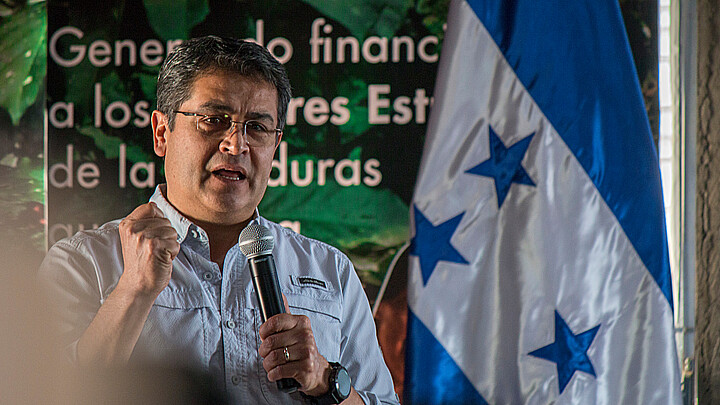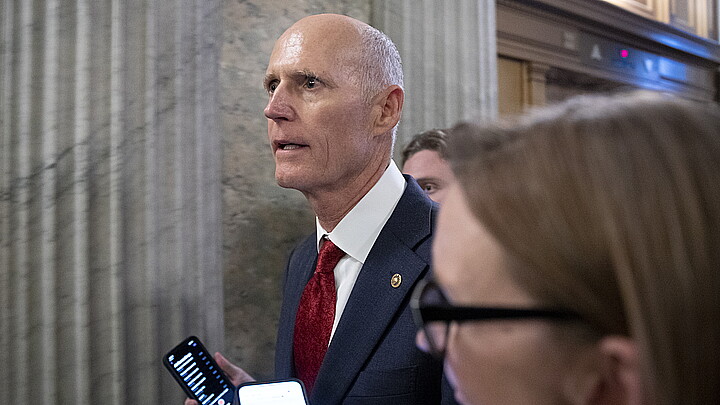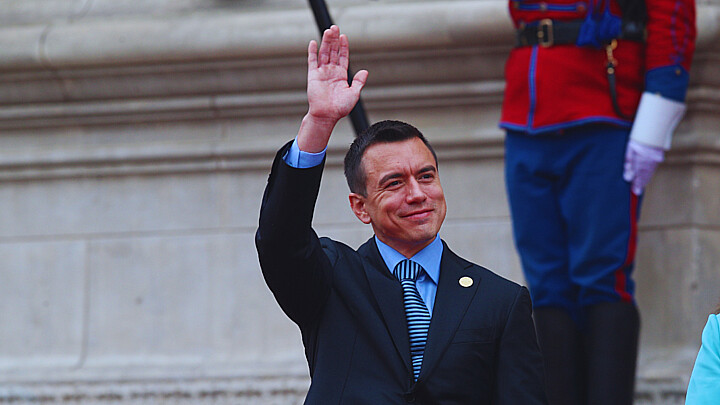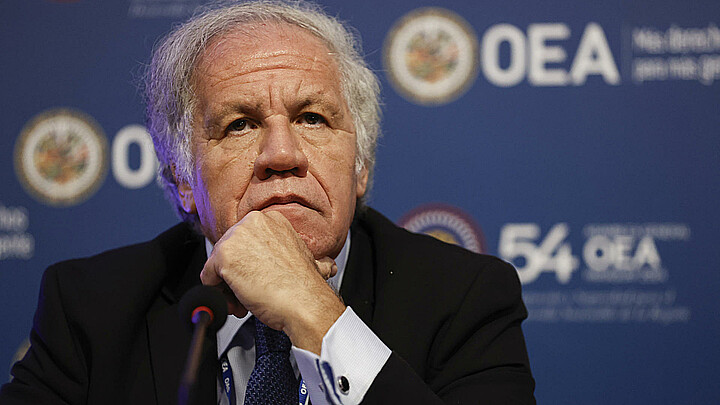Politics
President of Paraguay praises Taiwan as a "beacon of democracy" during his visit
The president conveyed his "genuine admiration" for the Taiwanese people, of whom he assured that "they never give up defending their independence and sovereignty in the face of threats and tensions."

February 16, 2023 6:28pm
Updated: February 17, 2023 9:11am
Paraguayan President Mario Abdo Benítez on Thursday described Taiwan as a "beacon of democracy in the region" and called Taipei and Asunción "strategic partners and allies for a peaceful and sustainable world."
Abdo Benítez, who arrived in Taiwan on Tuesday for a four-day official visit, said he is "proud that Taiwan and Paraguay continue to strengthen their ties day by day through cultural and commercial exchanges."
He thanked Taipei for "technical assistance" in "essential areas for the development of the Paraguayan people such as health or education."
Paraguay is one of the 14 countries that officially recognize the Taipei government in defience of Beijing, which considers Taiwan part of Chinese territory.
But decades-long diplomatic ties between the two countries could be severed if opposition candidate Efraín Alegre wins, who has said he would change relations with the island if he wins April elections.
The South American president recalled that the island "reached out to Paraguay in difficult times" and provided "key humanitarian aid" during the pandemic to his country, the only one in South America that maintains diplomatic relations with Taiwan instead of China.
"Our countries defend principles such as respect for the self-determination of peoples and territorial integrity, democracy and fundamental freedoms," said Abdo Benítez.
He also stressed that Asunción "has always supported Taiwan's participation in the United Nations in accordance with the principle of universality contained in its founding charter."
The president conveyed his "genuine admiration" for the Taiwanese people, of whom he assured that they "never give up defending their independence and sovereignty in the face of threats and tensions" adding that Taiwan is a "valuable partner with much to contribute to the international community."
Abdo Benítez's trip comes just two months before an election in which the opposition coalition candidate plans to cut ties with Taipei to establish them with Beijing.
For her part, the Taiwanese president highlighted the "sustained deepening of diplomatic ties" between Asunción and Taipei and the "achievements resulting from their mutual cooperation."
Latin America has been a key region in the diplomatic battle between China and Taiwan since they broke up in 1949 following the civil war.
For decades, China has tried to convince several of Taipei's diplomatic allies to cut ties with the island. In recent years, eight countries have changed their position and sided with Beijing, the last being Nicaragua.
Taiwan has been governed autonomously under the official name of the Republic of China since 1949, when the Kuomintang nationalists withdrew there after losing the Chinese civil war against the communists.
Beijing continues to consider it a rogue province while Taiwan continues to claim sovereignty.










